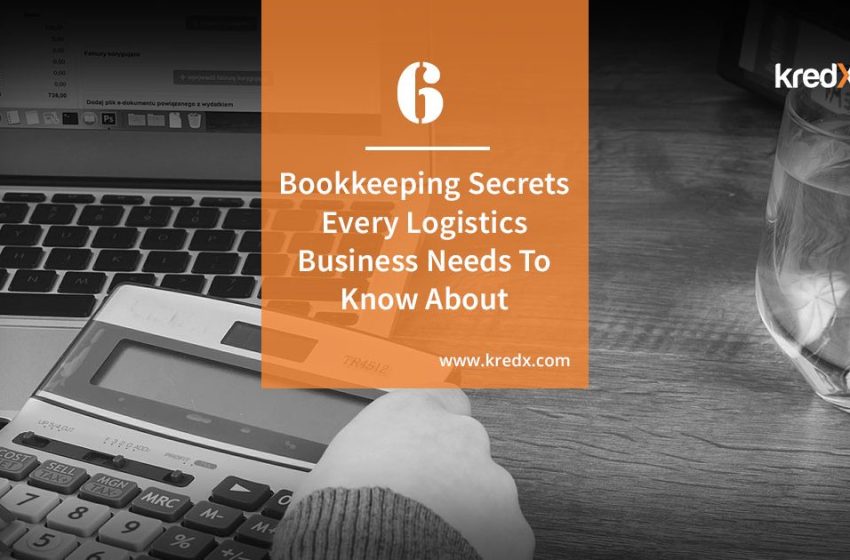
6 Bookkeeping Secrets Every Logistics Business Needs To Know About
If you’re anything like the vast majority of small businesses in the logistics industry, you too would probably find bookkeeping a daunting task. Putting it off could spell disaster as you could lose track of all the details and little expenses. So what should you do? Here are 6 bookkeeping secrets every logistics business needs to know!
1) Set due date reminders:
A simple but vital rule! Whether you download an app on your phone or use your desktop calendar, having a calendar helps you keep a track of all your payment dates. Making timely payments on all your bills, employee wages and floor charges to avoid paying penalty. You could save up a sizable amount of money and ensure a healthy credit rating just by paying up on time!
2) Keep an account of every possible expense:
Sounds obvious right? But you’d be surprised by the number of businesses that falter because they don’t follow this obvious rule. You need to have a trail of every little expense you incur for your business. You could opt for a bookkeeping software or resort to using a simple Excel sheet to save yourself from bookkeeping hell!
3) Be aware of the kind of accounting you follow:
If your business, like most other small business that grow rapidly uses Generally Accepted Accounting Principles (GAAP), be mindful of the type of method you follow to record accounting transactions for revenue and expenses. If you use GAAP, remember that you need to follow the accrual method of accounting where the company’s expenses are matched with revenues and are reported right when the expense occurs and not cash basis accounting where recording of transactions takes place only when the corresponding cash is received or payments.
4) Have a process in place:
Like everything, bookkeeping and accounting too needs to have a process, lest you miss out on important financial data. Whether you choose to outsource your accounting needs or whether you choose to do it yourself, it is important to have accurate financial data and balance sheets. There are several bookkeeping softwares that are available in the market. You can try out the free demo versions of some of these software such as Tally, Marg and QuickBooks to name a few, before paying for the software.
5) Hire a professional:
If you’re completely lost and don’t know where to start, hire a professional to help you set up a process for bookkeeping. Once a process is in place, you could take care of the day-to-day bookkeeping tasks. Though this may seem like an extra expense, this will only benefit you in the long run and ensure that you don’t run into any problems with your business’s finances later on.
6) Set aside money for taxes:
Never neglect paying up your taxes. A delayed payment will incur heavy penalty and result in a bigger loss than not paying up. With the government introducing stringent laws for tax defaulters, it would be wise to account for taxes in every transaction.
These six little tips can help you tackle bookkeeping of your logistics business like a pro. Invest some time and effort in getting your bookkeeping and accounting process in place to ensure a worry-free tomorrow. As Benjamin Franklin once said,
“Beware of small expenses: a small leak will sink a great ship”!



